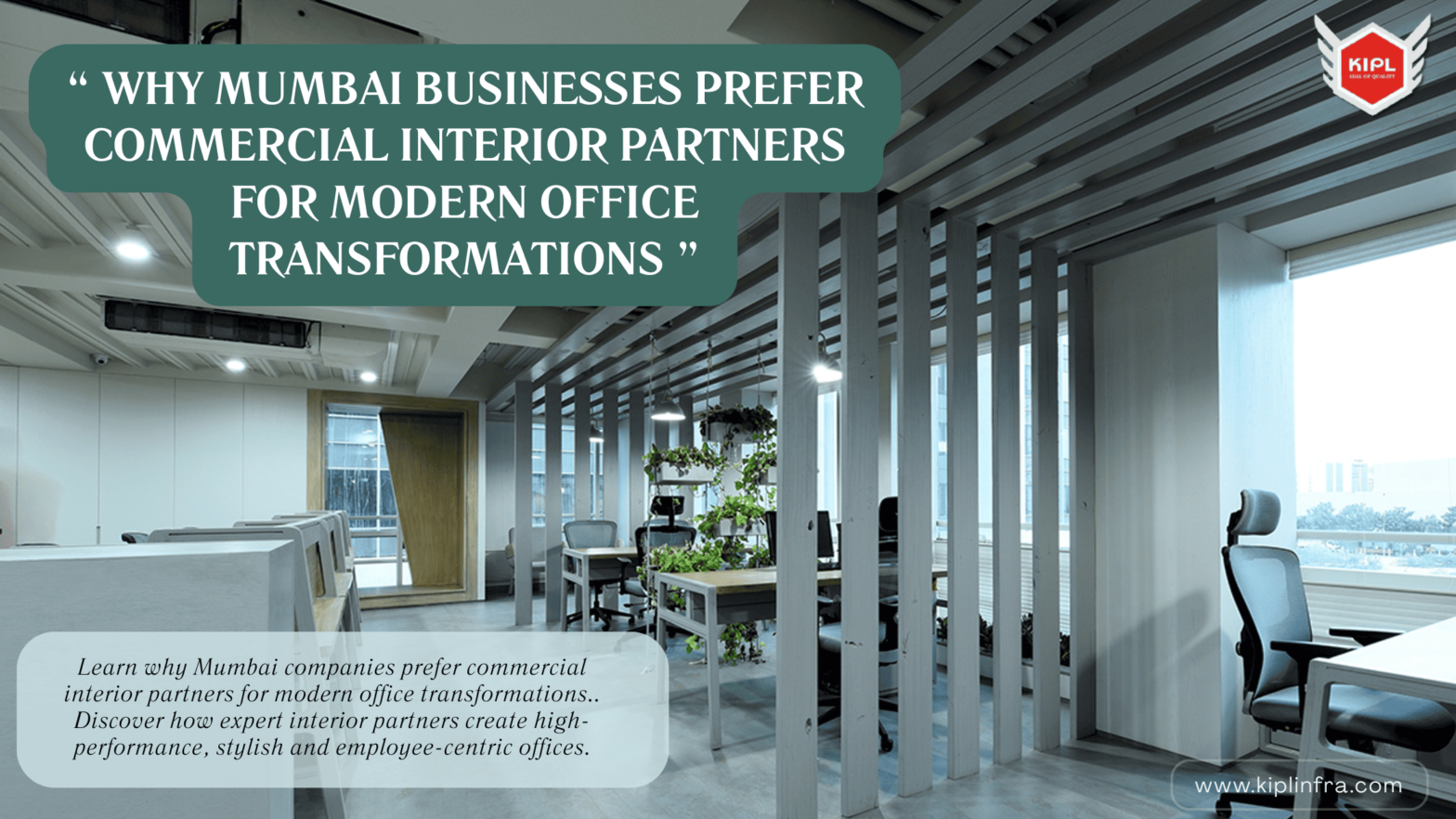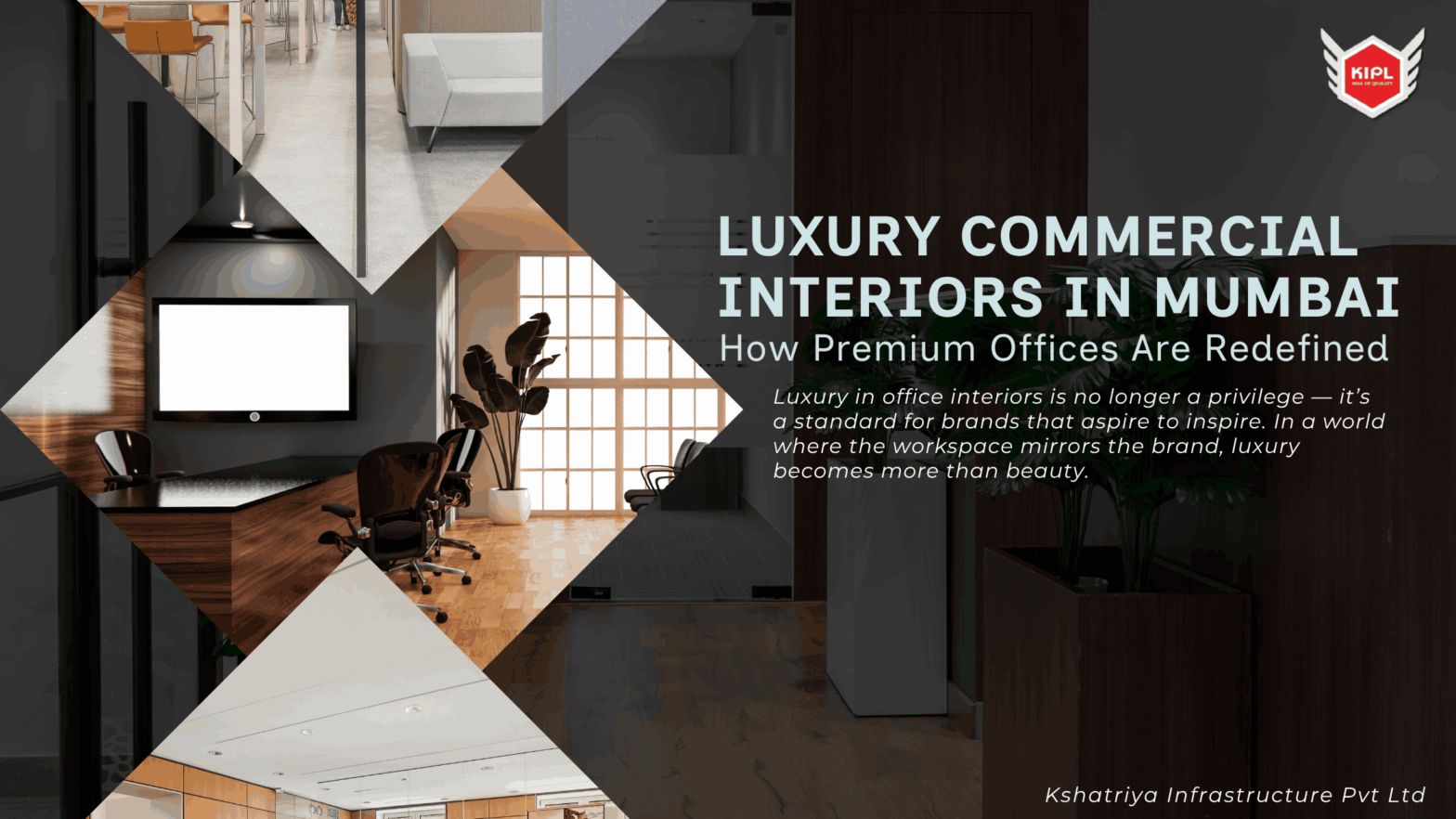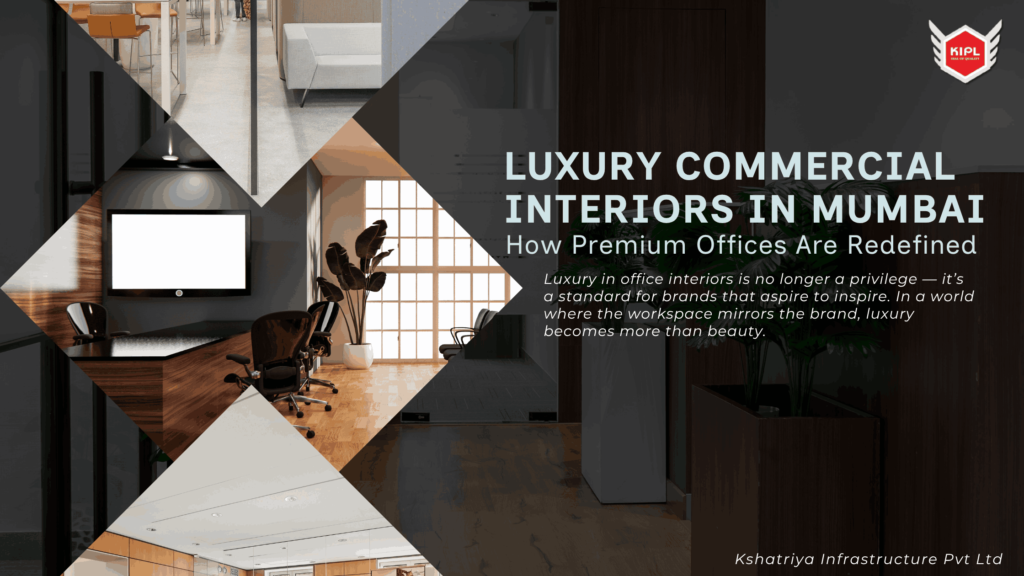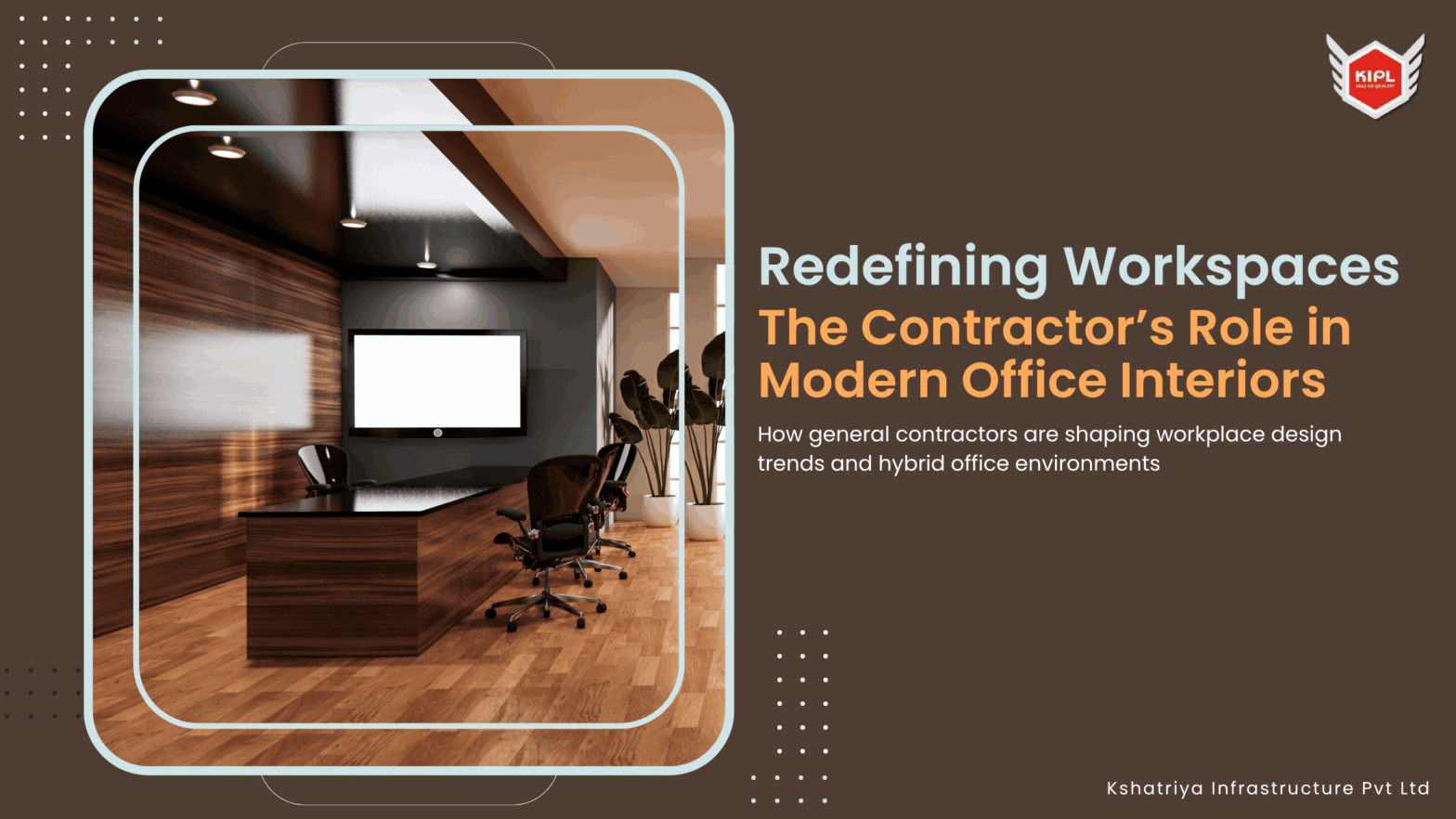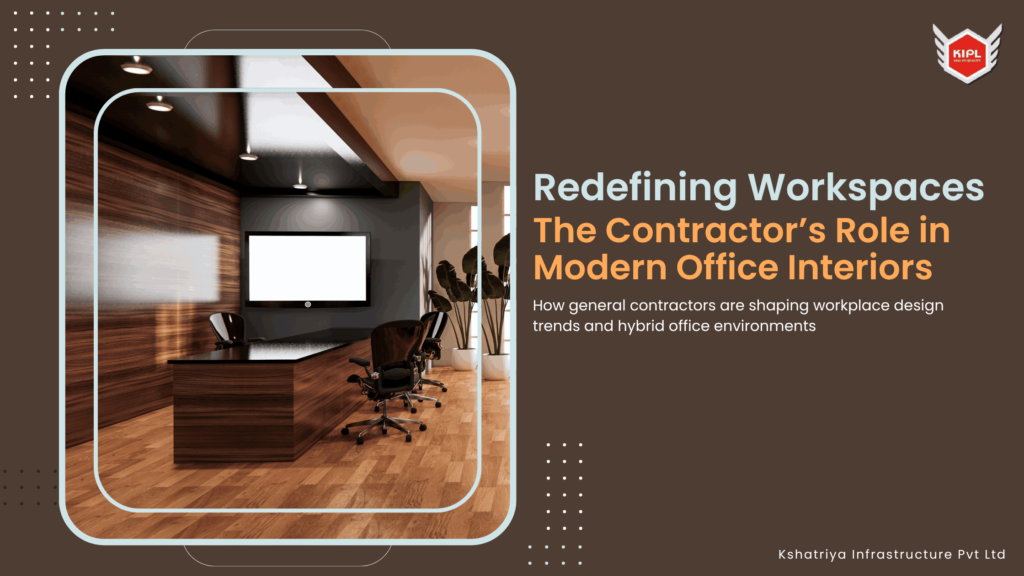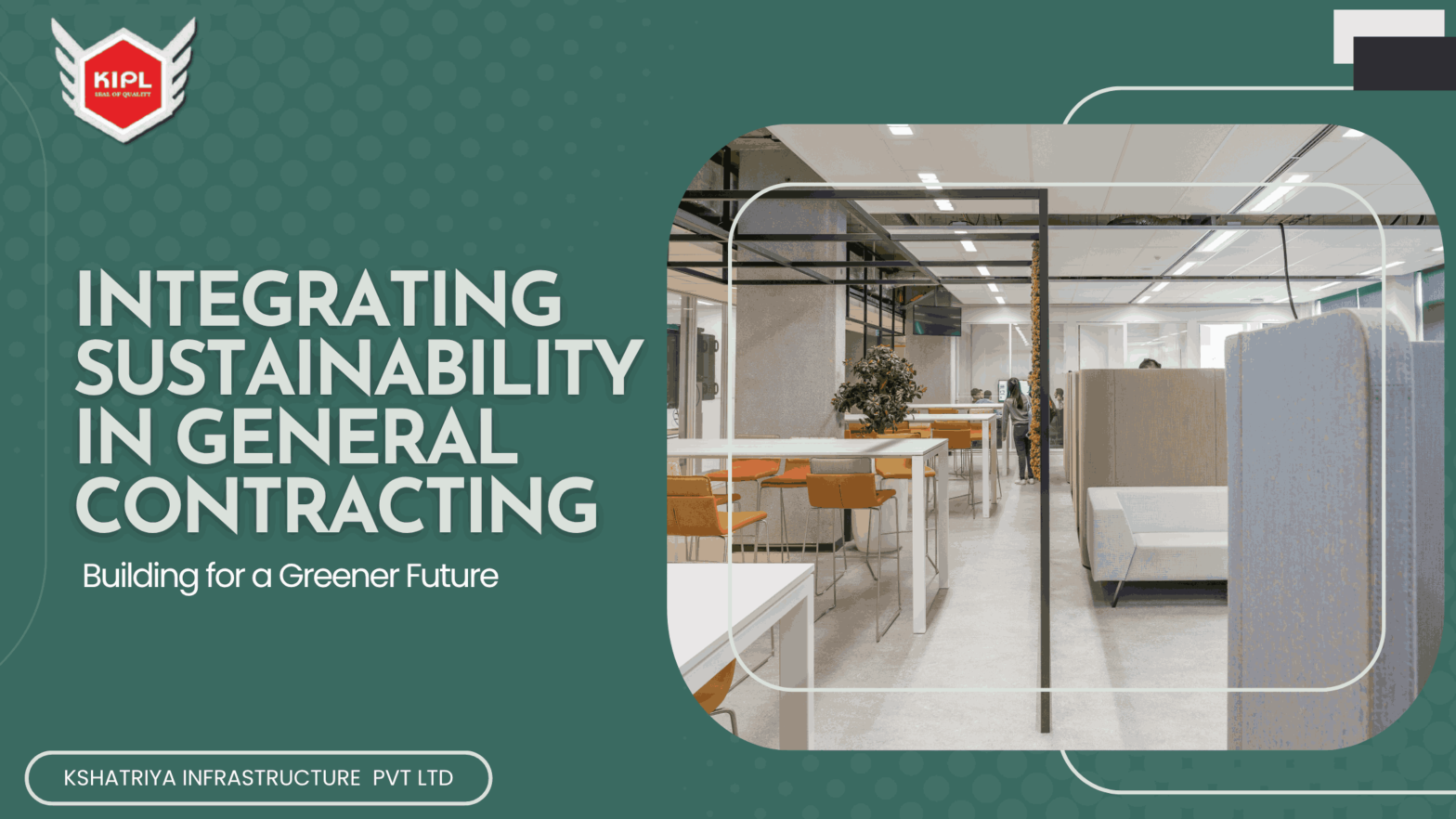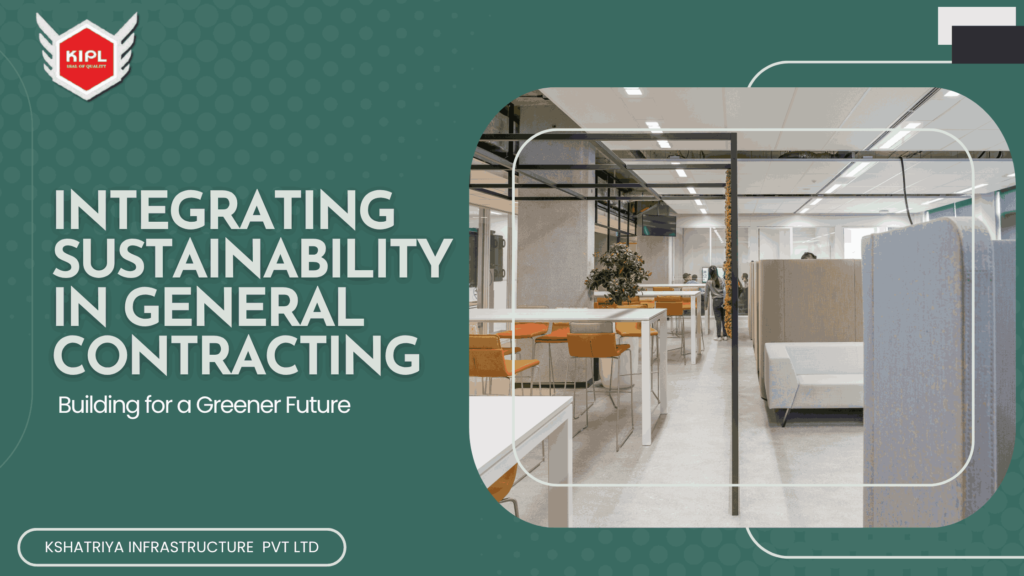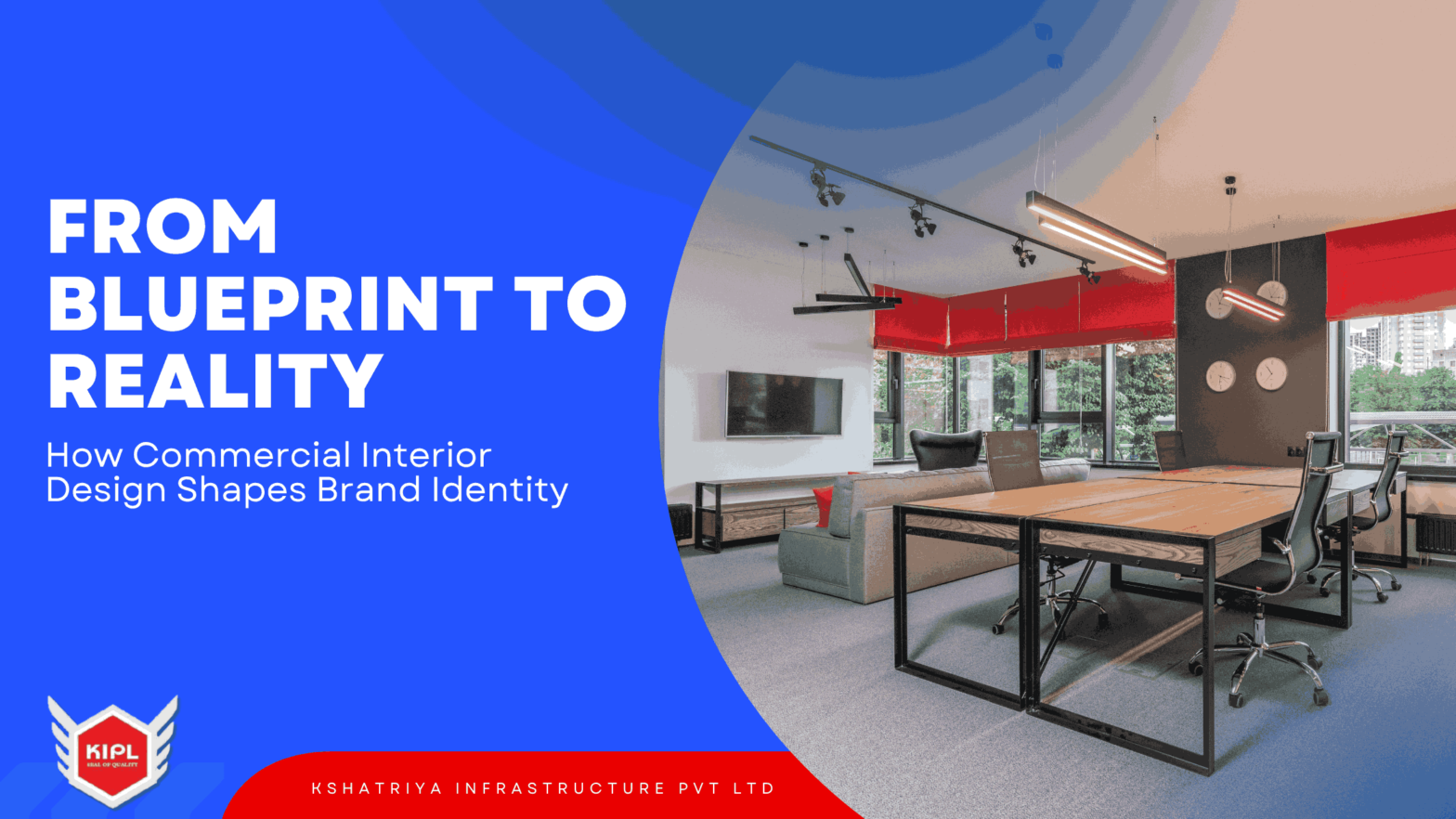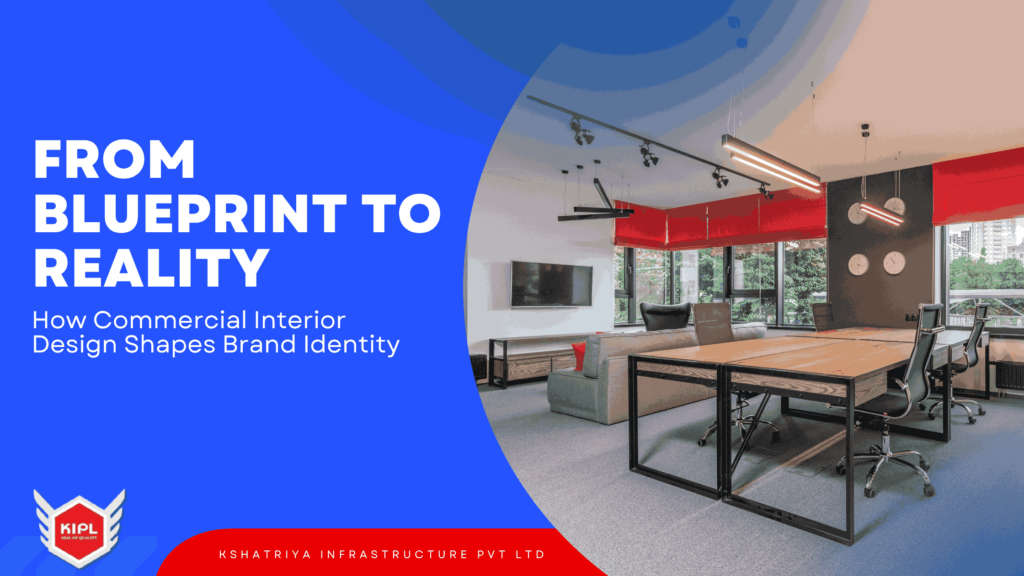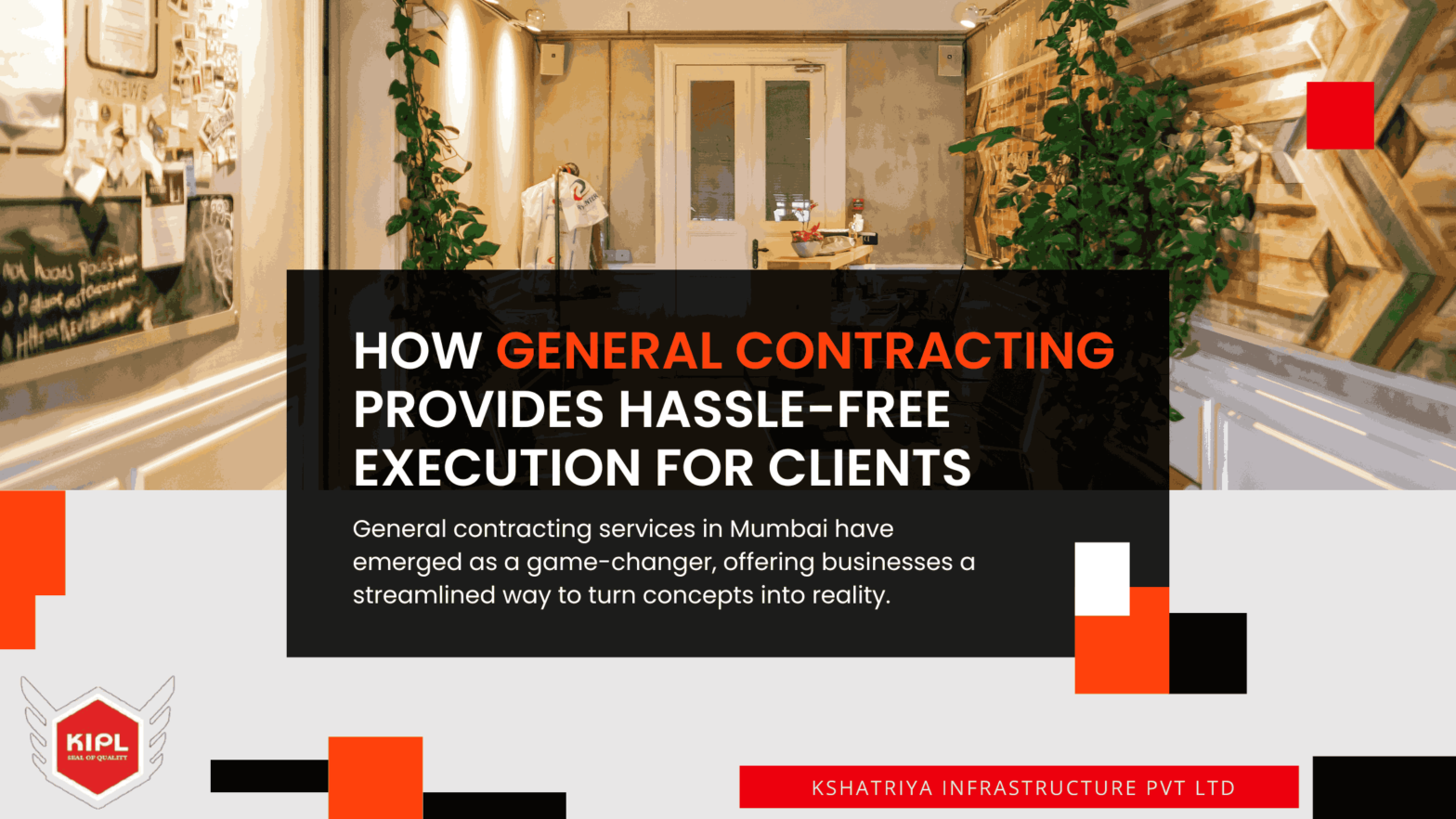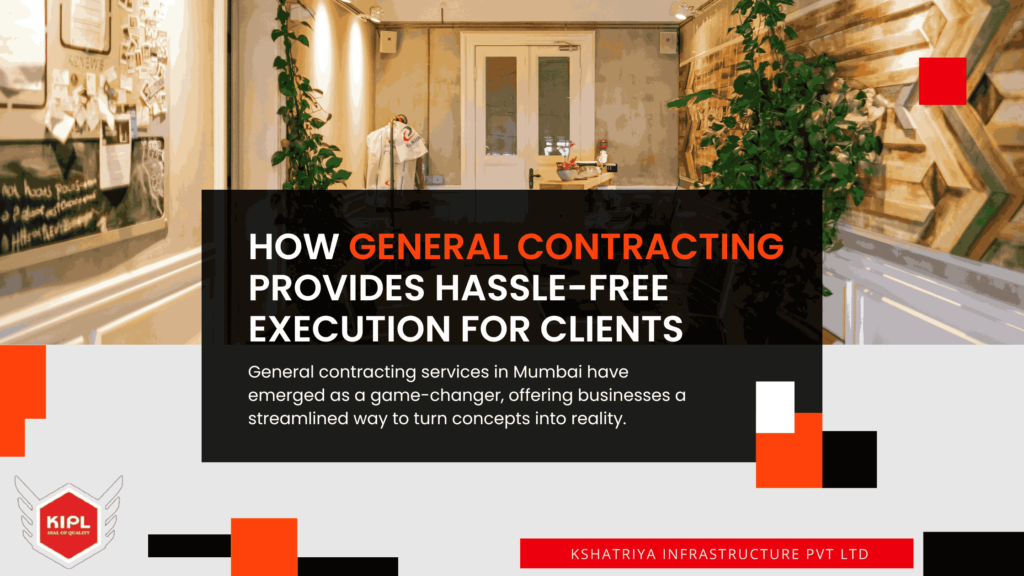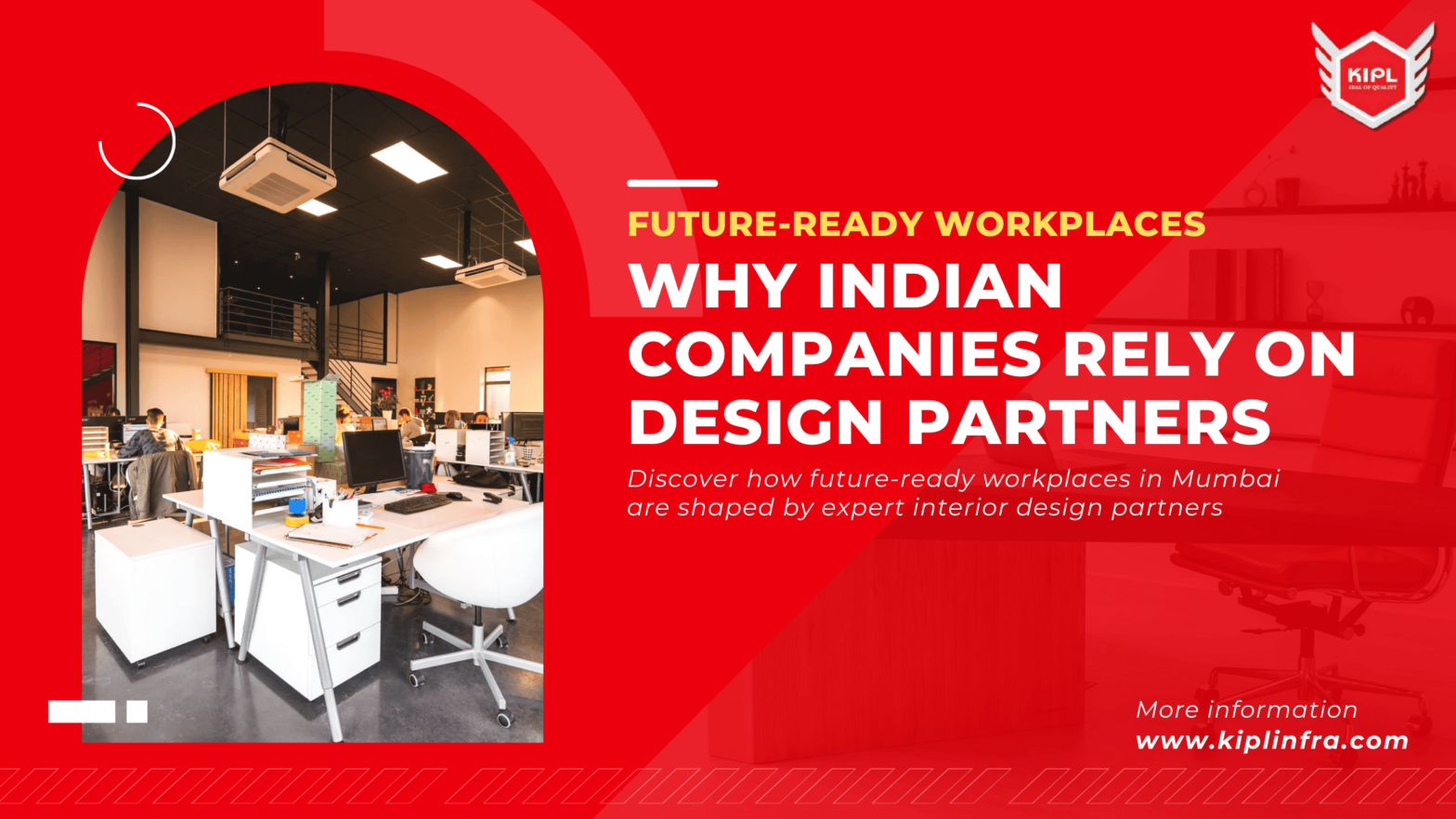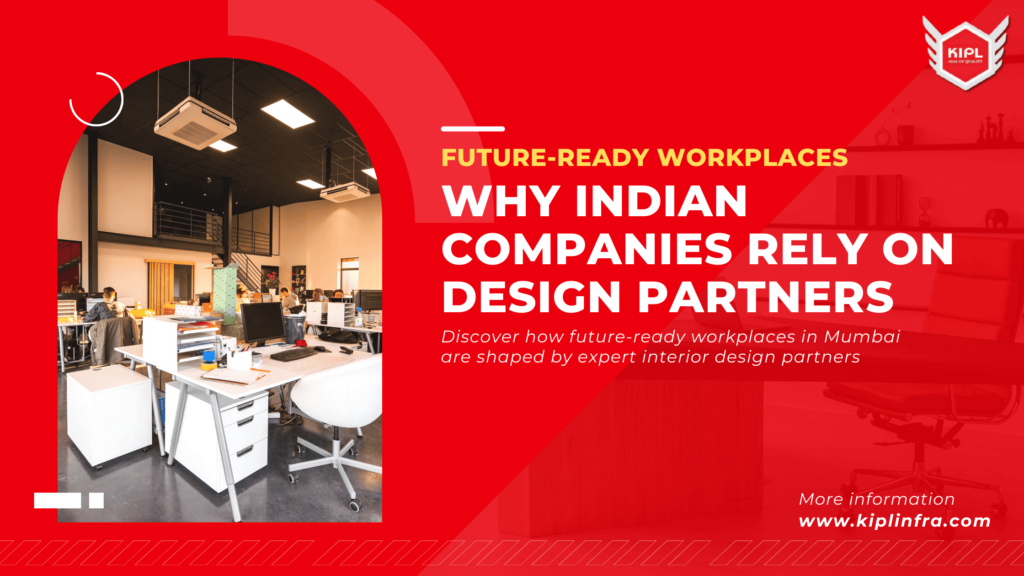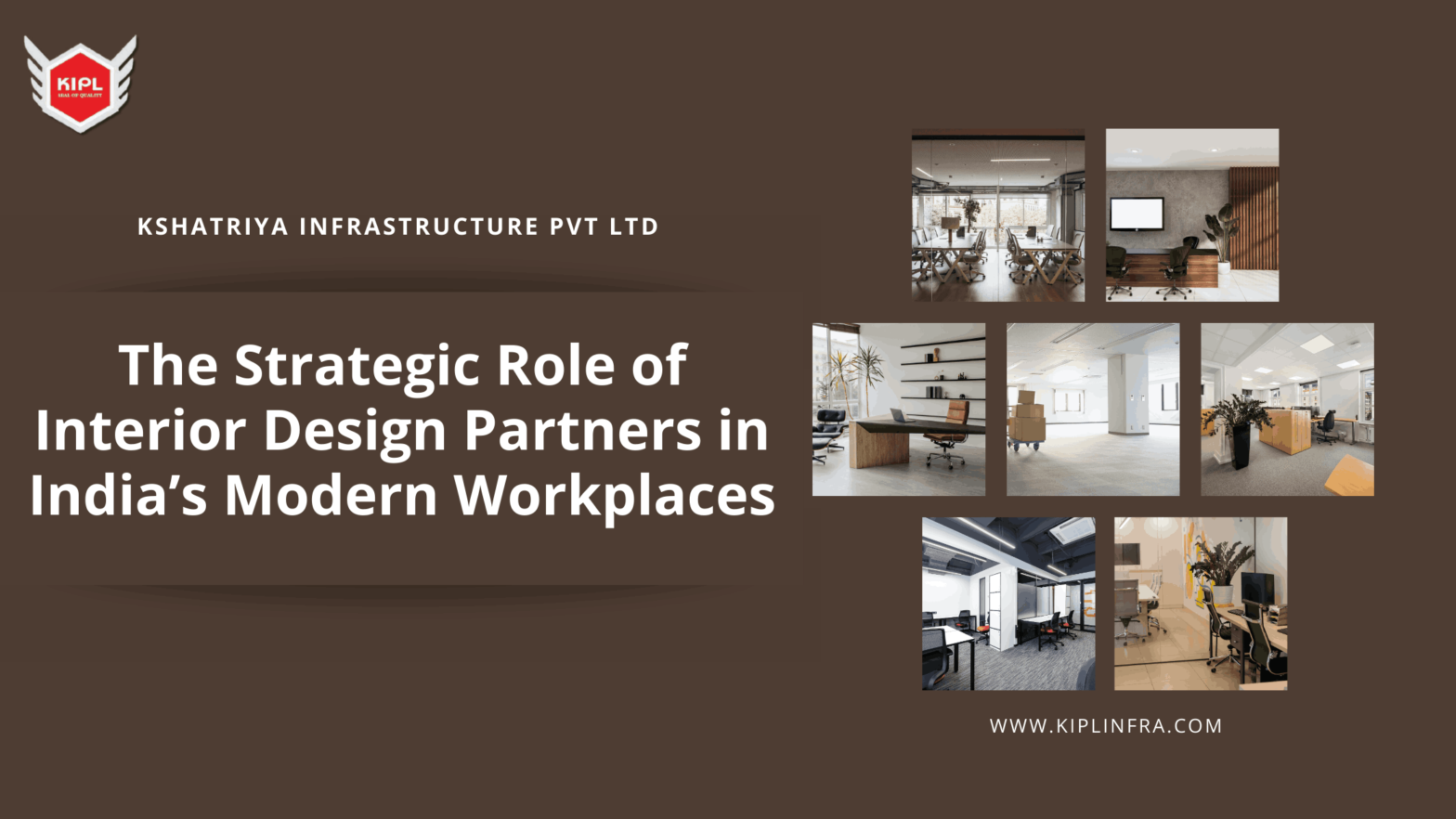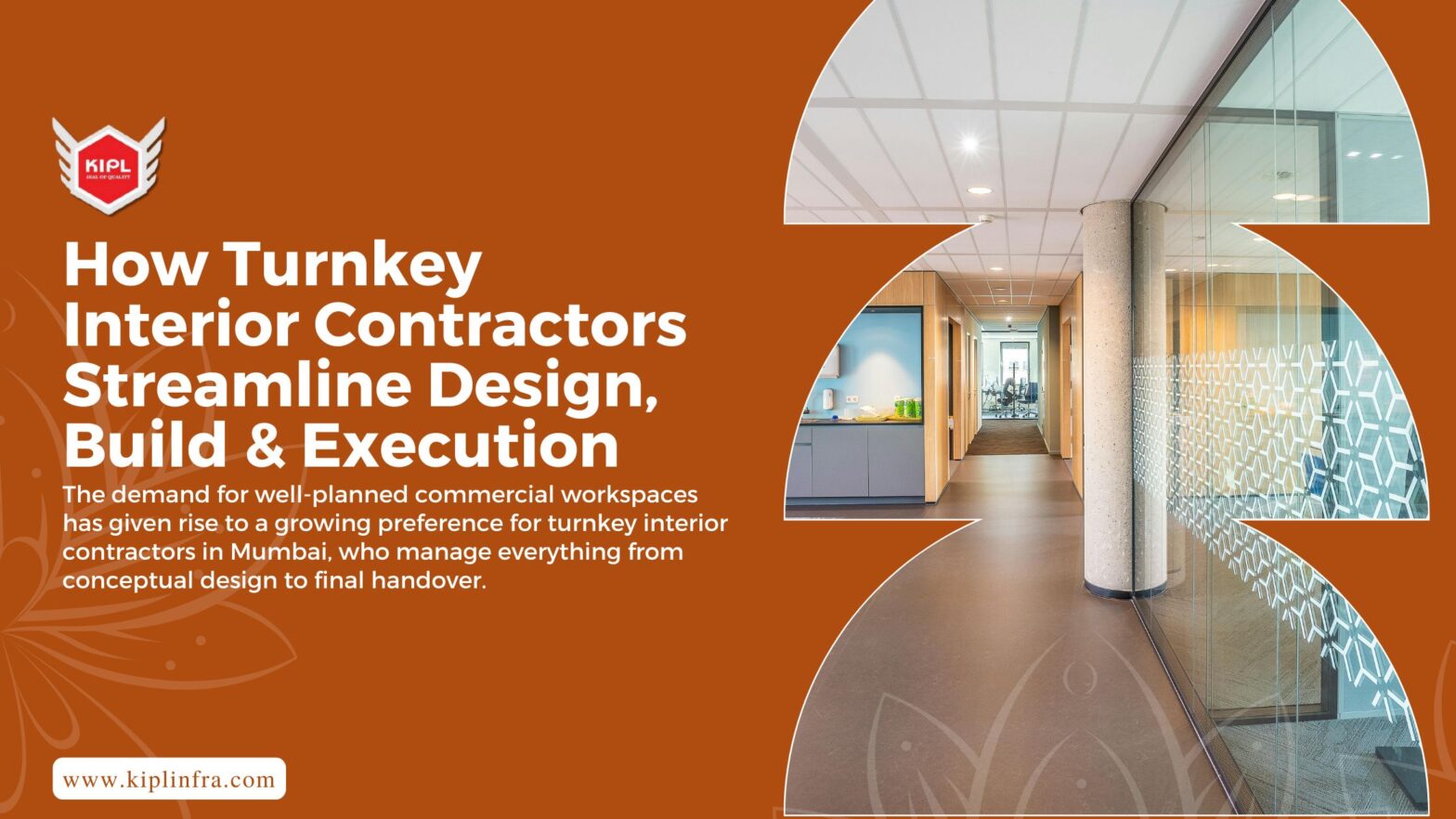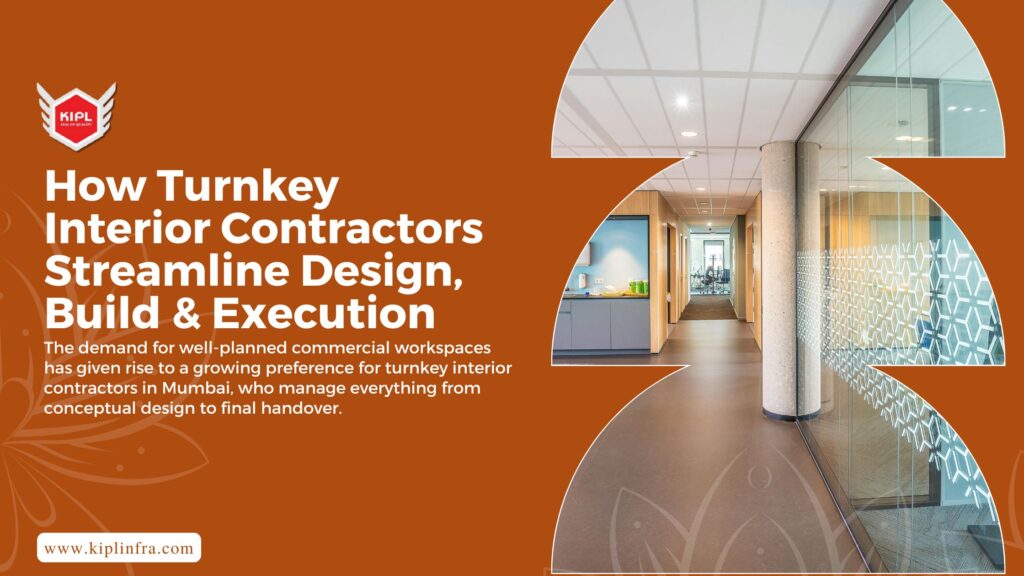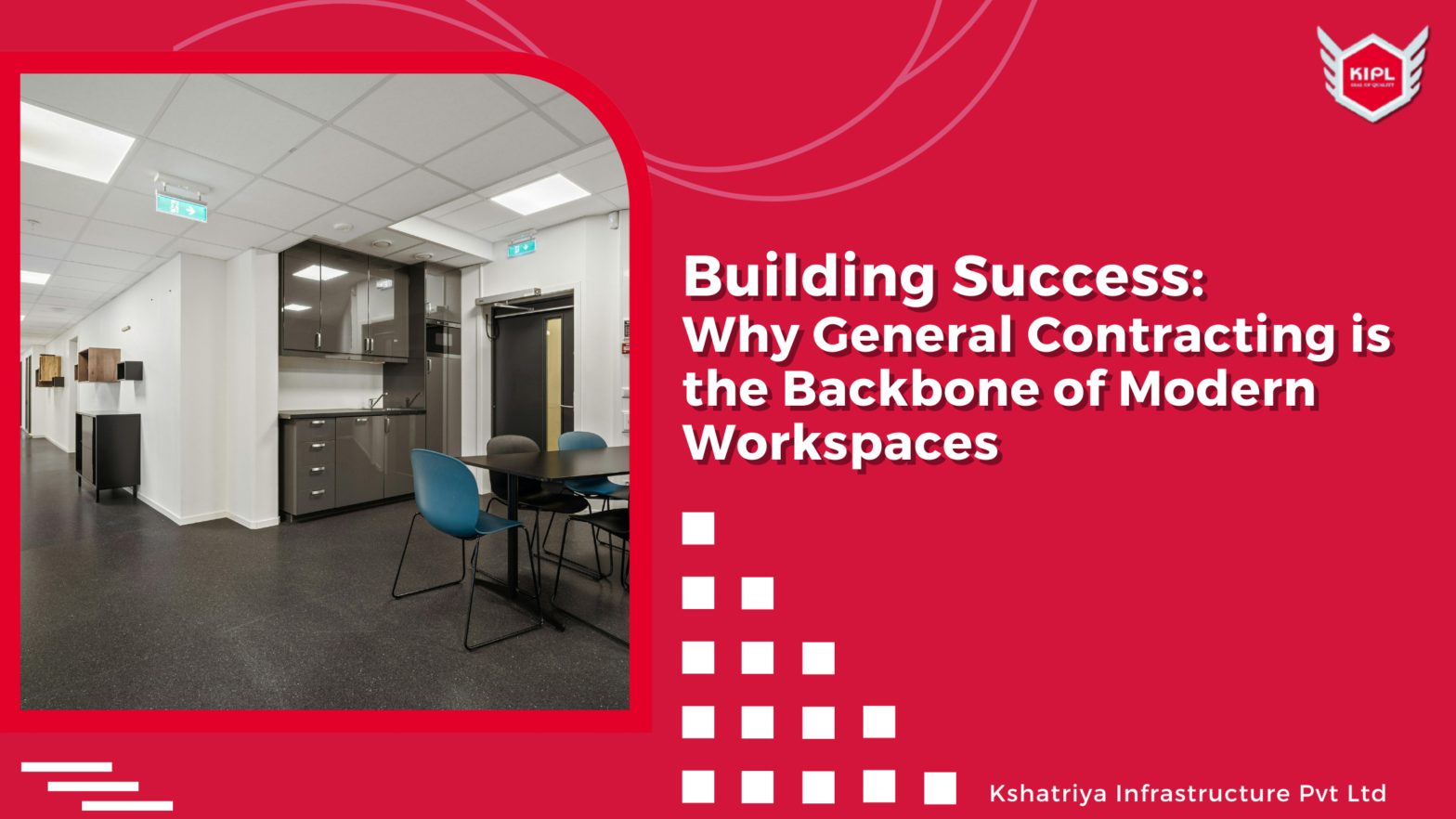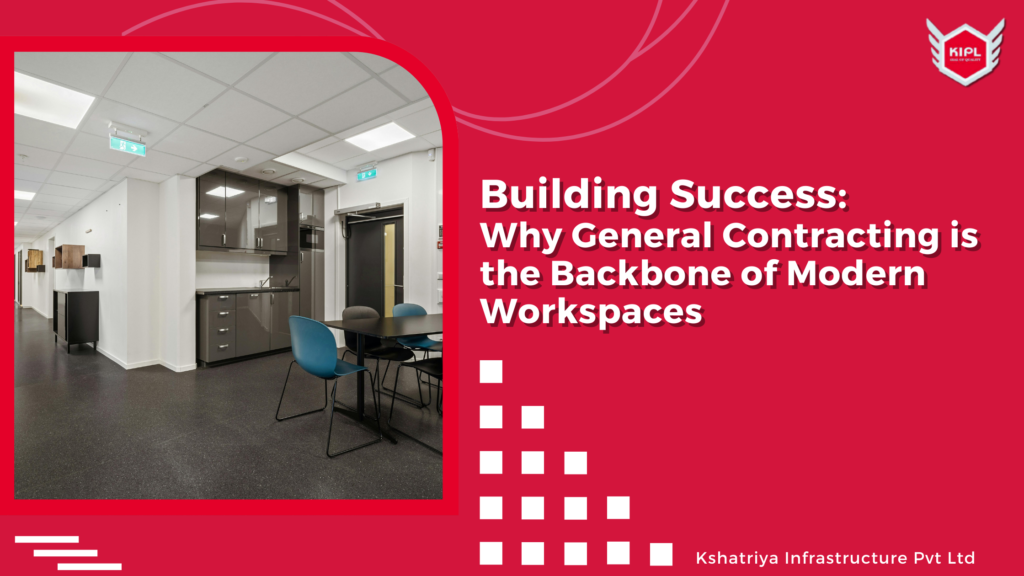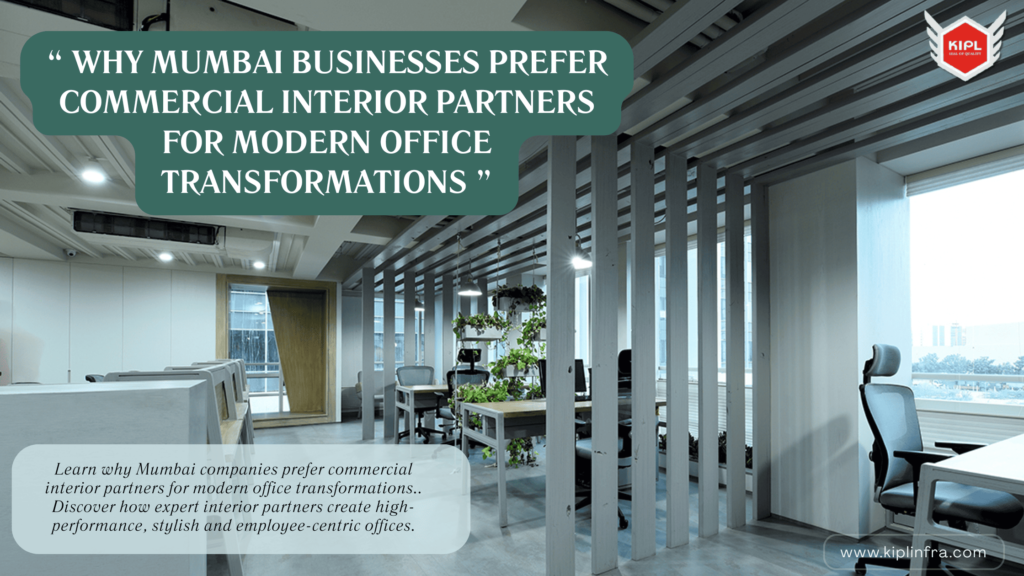
Why mumbai businesses prefer commercial interior partners for modern office interiors
Over the past decade, the city has witnessed an unprecedented shift in how offices are designed, built, and optimized. More businesses across Mumbai—from start-ups in Powai to corporate giants in BKC, Lower Parel, Andheri, and Fort—are choosing commercial interior partners to execute their vision for modern office transformations.
This shift isn’t merely a trend—it reflects a deeper change in business priorities. Today’s Mumbai-based companies understand that a workspace is far more than a set of desks and cabins. It is the heart of culture, collaboration, and creativity. And achieving a high-performance workspace requires more than a contractor—it requires trusted commercial interior partners who can deliver strategy, design, engineering, execution, and aftercare in one seamless workflow.
The Growing Demand for Modern Workspaces in Mumbai
With Mumbai’s booming commercial landscape, businesses are aggressively upgrading their offices to match global standards. Hybrid work models, employee-centric designs, sustainability goals, and technology integration have become essential components of modern office interiors.
Companies today want:
Flexible spaces
Collaborative zones
Acoustic meeting rooms
Ergonomic workstations
Smart technology integration
Energy-efficient lighting
Biophilic elements
Brand-focused aesthetics
Such requirements demand not just construction expertise but specialized knowledge in corporate interior design, workspace strategy, and operational planning. This is where professional commercial interior partners in Mumbai add unmatched value.
Expertise That Goes Beyond Aesthetic Design
Traditional contractors focus primarily on execution, but modern companies require partners who understand user experience, behavior patterns, and operational needs. Commercial interior partners bring a multidisciplinary approach that includes:
Space planning
MEP design expertise
Acoustic engineering
Lighting and HVAC optimization
Furniture planning
Branding integration
Sustainability and green design
Project management
Safety and compliance
This blend of creative, technical, and managerial skill sets ensures that every square foot of space is optimized for productivity and long-term performance.
For growing companies in Mumbai—where every inch matters—this expertise is priceless.
End-to-End Turnkey Execution Saves Time and Operational Downtime
Mumbai businesses prefer commercial interior partners because they offer turnkey office interior solutions, eliminating the hassle of coordinating with multiple vendors. Instead of dealing with separate contractors for civil work, carpentry, electrical, HVAC, networking, and furniture, a single partner handles everything.
This delivers:
Faster project timelines
Minimal operational disruptions
Smooth coordination
Higher quality control
Reduced miscommunication
Accurate cost estimation
Stronger accountability
For companies operating in fast-paced areas like BKC, Lower Parel, Andheri, Goregaon, and Navi Mumbai, time is money. Turnkey interior partners ensure projects are delivered on schedule without compromising quality.
Modern Office Transformations Require Technology-Driven Execution
Mumbai’s leading commercial interior partners use advanced tools to improve accuracy, design quality, and execution speed:
3D visualizations and walkthroughs
BIM-based space planning
Smart office automation
IoT-based lighting and HVAC systems
Digital collaboration platforms for project tracking
Material technology advancements
These innovations make it easier for business owners to visualize their space before construction begins. It also reduces onsite errors, helping projects finish faster and within budget. Technology-driven execution is a major reason companies prefer modern commercial interior partners over traditional contractors.
High-Quality Material Sourcing and Vendor Networks
Quality materials differentiate an ordinary office from a world-class workspace. Mumbai interior partners maintain strong relationships with:
Certified suppliers
Premium furniture manufacturers
Lighting and acoustic brands
Modular workstation creators
Sustainable material vendors
International product distributors
Because of these networks, they can deliver top-notch finishes while maintaining cost efficiency. Businesses no longer need to worry about sourcing, pricing, delivery delays, or quality inconsistencies.
Better Cost Control and Transparent Pricing
In a city where commercial rentals are extremely high, every interior project must be planned with precision. Commercial interior partners provide:
Detailed BOQs
Cost breakdowns
Transparent pricing
Zero hidden charges
Efficient procurement strategies
Value-engineering options
They help businesses achieve premium-quality interiors without overshooting budgets—an essential need for startups, SMEs, and large enterprises operating in Mumbai’s competitive market.
Creating Employee-Centric Workspaces That Boost Productivity
Mumbai’s workforce expects modern, vibrant office environments. Companies that invest in ergonomic, employee-friendly interiors experience:
Higher engagement
Better collaboration
Improved retention
Increased productivity
Enhanced company culture
Commercial interior partners specialize in designing:
Collaborative hubs
Breakout zones
Focus rooms
Wellness corners
Informal lounges
High-performance meeting spaces
Such design strategies help companies stay competitive in attracting top talent—especially in business hubs like Powai, BKC, and Andheri.
Tailored Solutions for Diverse Business Sectors
Mumbai is a diverse commercial hub with businesses across industries such as:
IT & Tech
FinTech
BFSI
Logistics
Healthcare
Retail
Media & Advertising
Real Estate
Startups
Co-working spaces
Mumbai is a diverse commercial hub with businesses across industries such as:
IT & Tech
FinTech
BFSI
Logistics
Healthcare
Retail
Media & Advertising
Real Estate
Startups
Co-working spaces
Each sector has different workspace requirements, and commercial interior partners tailor designs accordingly. Their experience across industries ensures every office is functional, brand-aligned, and future-ready.
Sustainability and Green Interior Design are Rising Priorities
Mumbai businesses increasingly prefer eco-friendly interiors and energy-efficient solutions. Commercial interior partners help implement:
Energy-saving lighting
Low-VOC paints
Natural materials
Smart ventilation
Indoor plant integration
Waste reduction strategies
These practices lower operational costs and support environmental responsibility.
Conclusion: Commercial Interior Partners Are Shaping Mumbai’s Future Workspaces
Mumbai is evolving rapidly, and so are its workplaces. Businesses now seek offices that enhance efficiency, inspire talent, and reflect professionalism. Commercial interior partners play a crucial role in bringing these ambitions to life. Their strategic design thinking, turnkey execution, technical expertise, and Mumbai-specific knowledge make them the top choice for companies planning modern office transformations.
With the city’s growing demand for hybrid, flexible, tech-driven offices, the importance of commercial interior partners will only increase in the coming years. For businesses that want workspaces built for the future—efficient, stylish, functional, and inspiring—choosing the right commercial interior partner is the smartest investment.

